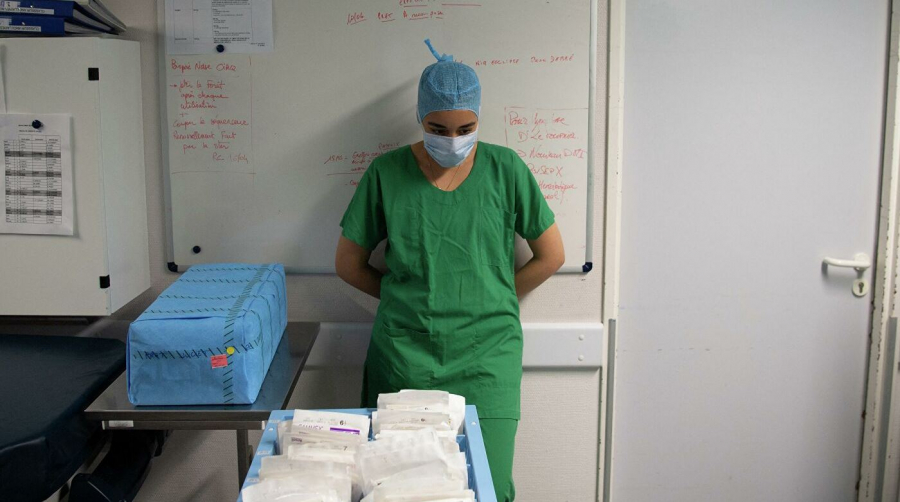
New technologies
will enable extending the service life of roads in Kazakhstan and improving the
quality of asphalt concrete. The Superpave mix design system is widely used in
30 countries worldwide, including the U.S., Canada, Saudi Arabia, Japan, and
South Korea. The key feature of the technology is its tailored and more precise
laboratory selection of asphalt concrete mixtures, based on a specially
developed PG grading system. This ensures that pavement ingredients are chosen
based on an analysis of specific conditions in the road construction area,
including climatic characteristics, traffic intensity, and temperature limits
over the past two decades. In Kazakhstan, super asphalt will first undergo
adaptation and then be gradually integrated. To this end, scientists from the
Road Research Institute are developing national standards. Asphalt concrete
plants will then begin work based on the regulatory documents.
“As part of the
state task for the implementation of the new Superpave technology, our
institute is conducting laboratory tests to determine the operational
characteristics of organic binders in accordance with climatic zones of
Kazakhstan,” said Manarbek Zhumamuratov, junior researcher at the Kazakhstan
Road Research Institute.
“The advantage of this technology is that it
extends the service life of asphalt-concrete pavements by one and a half to two
times. This helps address road defects such as rutting, cracking, formation
shifting, and others. We are currently conducting laboratory tests,” said Kairat
Mukhambetkaliyev, Head of the New Technologies Department at the Kazakhstan
Road Research Institute.









